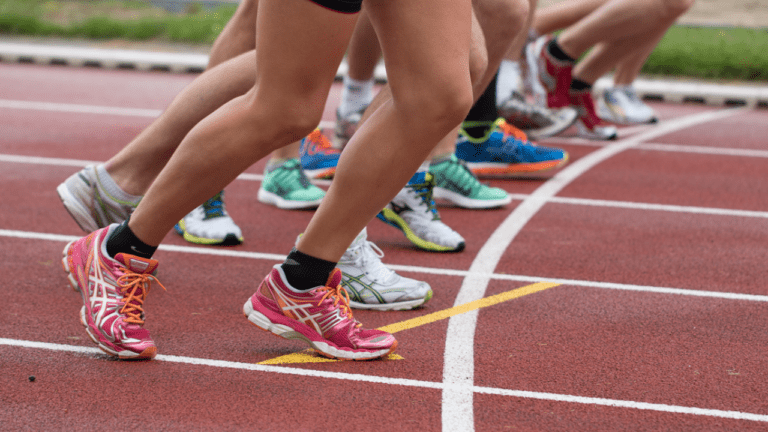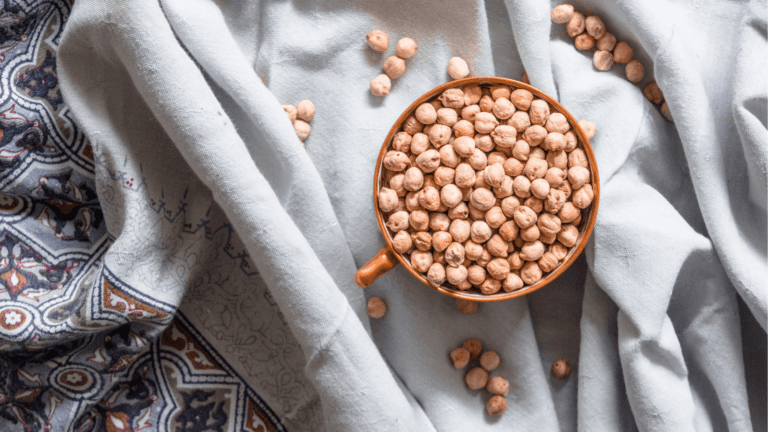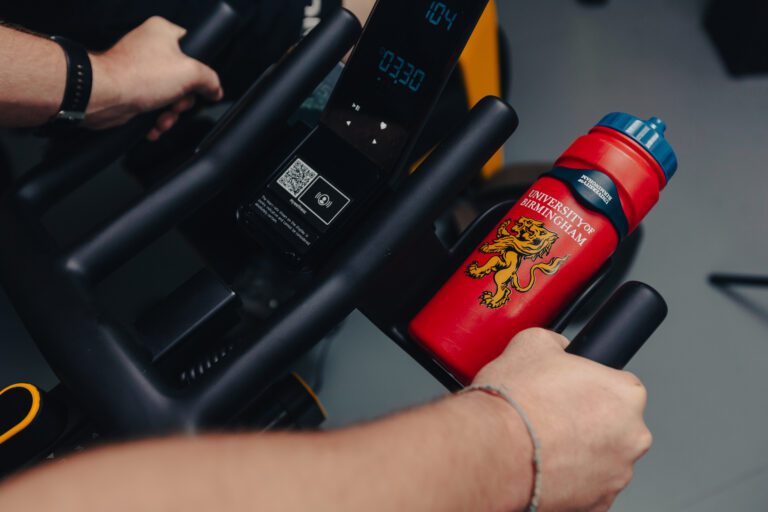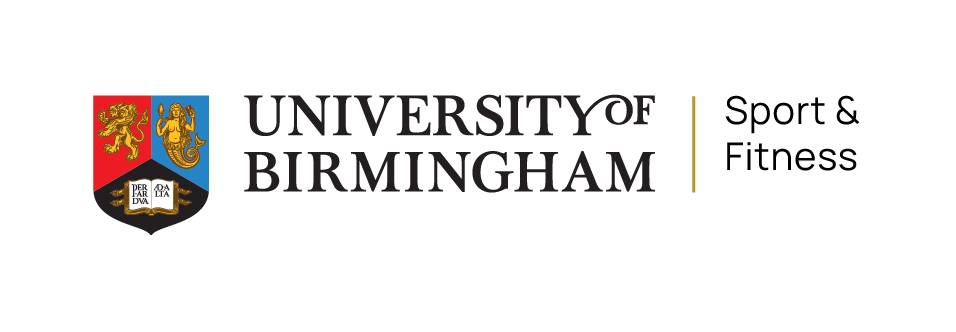
Summer of Nutrition: Optimise your run
Optimise your run Whether it’s a 5km, 10km, half-marathon, marathon or ultra, everyone seems to be training for a race or running in some capacity!

Optimise your run Whether it’s a 5km, 10km, half-marathon, marathon or ultra, everyone seems to be training for a race or running in some capacity!

Hitting your protein goals this summer Recommended daily protein intakes are higher for exercising individuals. Protein is needed for good health, recovery and for building

Keeping hydrated this summer Staying hydrated is important all year round but the warmer summer weather brings some additional challenges and considerations for the hydration
Scroll down for more options…
Scroll down for more options…
Scroll down for more options…

